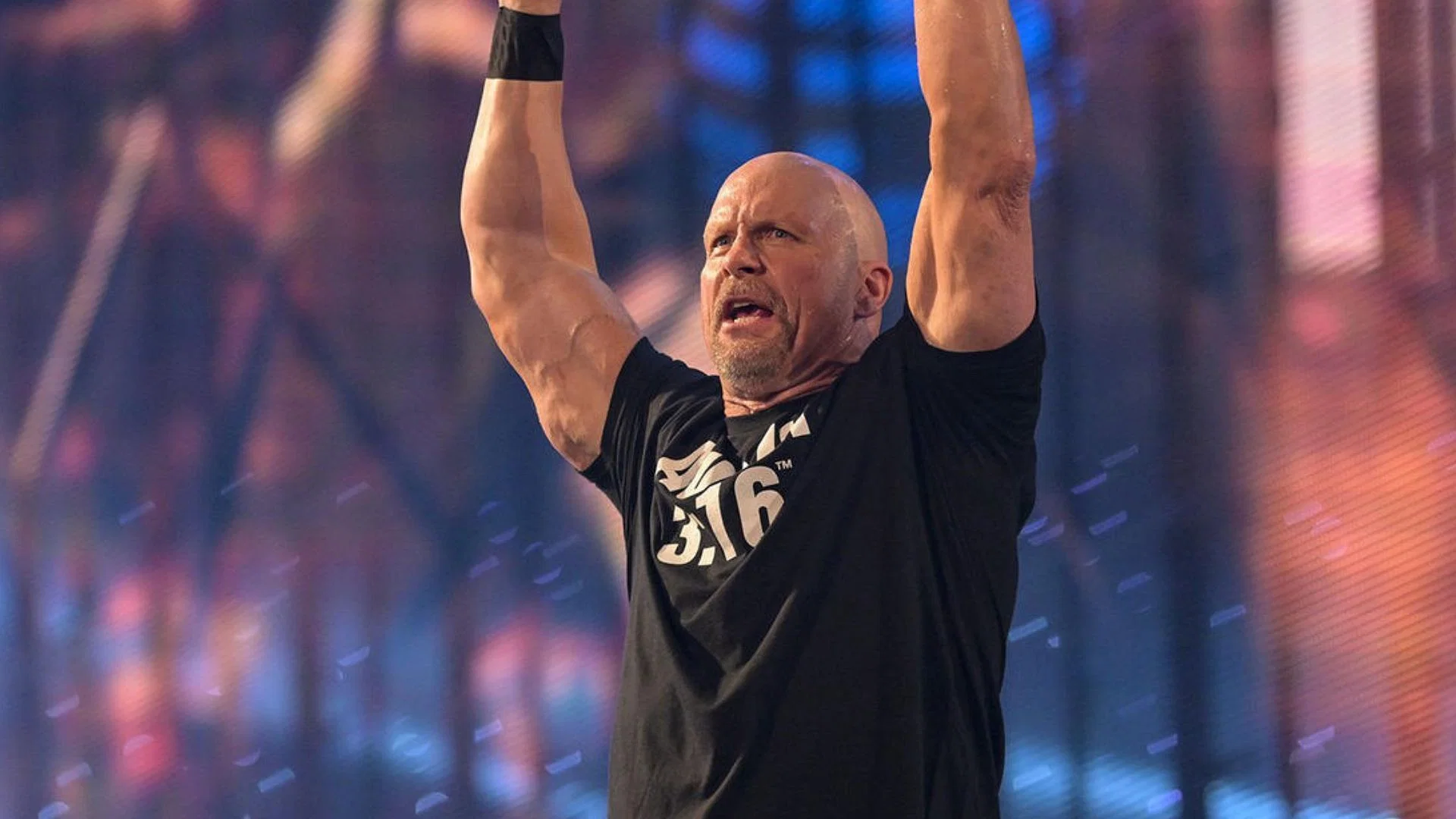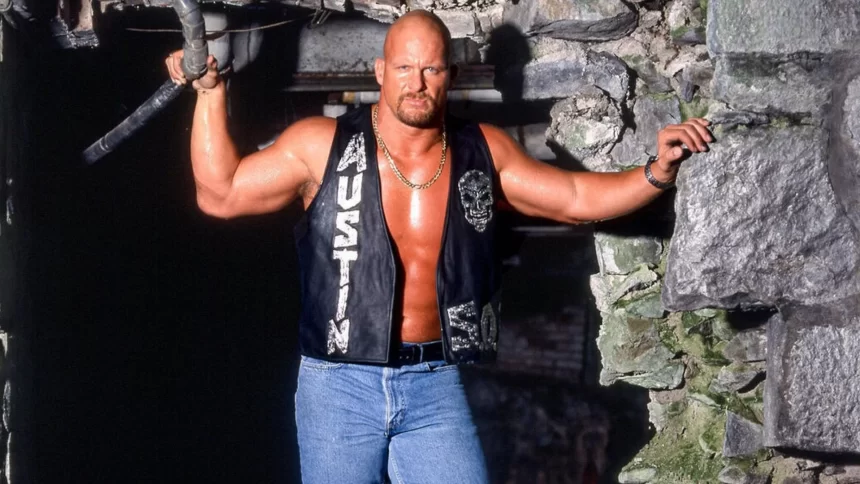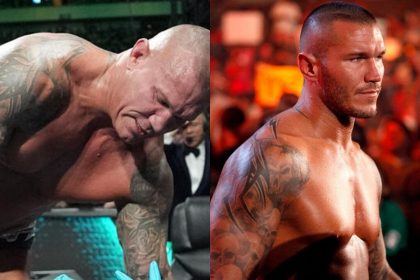The world of professional wrestling is known for its dramatic storylines, intense rivalries, and larger-than-life characters. However, behind the scenes, there are often untold stories and hidden feuds that shape the careers of even the greatest wrestlers.
In a recent podcast episode, WWE legend Hacksaw Jim Duggan shared a surprising revelation about his time in World Championship Wrestling (WCW) with Stone Cold Steve Austin.
According to Duggan, Austin was hesitant to work with him during their time in WCW between 1991 and 1995. The tension came to a head on September 18, 1994, when Austin was awarded the United States Championship at WCW Fall Brawl, only to lose it to Duggan in an impromptu 35-second match.

Duggan claims that Austin was reluctant to drop the belt to him due to his age, with Duggan being 40 years old at the time and Austin being just 29.
Duggan recalled on Everybody’s Got A Pod that Austin didn’t want to work with him because he saw him as an “old-timer.” This perceived bias against older wrestlers is a theme that has been explored in various forms of media, from sports to music.
It raises questions about the role of ageism in professional wrestling and whether it affects the opportunities available to veteran wrestlers.
The short match between Austin and Duggan was notable not only for its brevity but also for its intensity. Duggan delivered a big body drop followed by a quick pinfall to pick up the win, while Austin attempted to kick out but was unable to move under the weight of his opponent’s body.

Despite his limitations as an athlete, Duggan believes that his USA-themed gimmick helped get fans on his side, chanting “USA! USA!” throughout the match.
However, Duggan alleges that Austin was not interested in putting him over or making him shine. Instead, he faked an injury, claiming that he hurt his knee, in order to get out of the match quickly. This behavior is reminiscent of the ” politicking” that often occurs behind the scenes in professional wrestling, where wrestlers may use their influence to control the narrative and protect their own interests.







